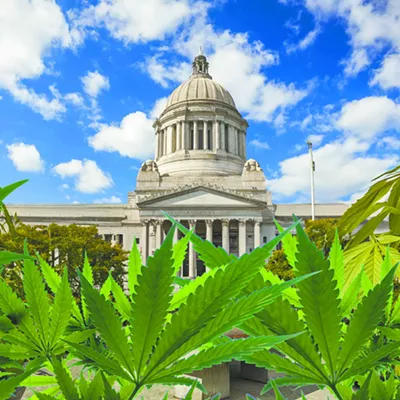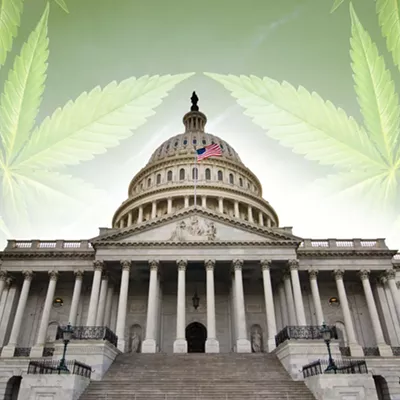While prohibition may loosely stay intact for the remainder of Donald Trump's presidency, the call for a zero-sum federal stance on marijuana seems to be in the tone of a death rattle.
June held some of the largest changes and substantial landmark shifts that the cannabis community has seen since recreational legalization passed first in Washington and Colorado. Mainstream cannabis appears to be here to stay, both in approved legalization, legislative moves and even Food and Drug Administration integration.
On June 19, Canada became the first G7 nation to legalize cannabis for all adults in a nearly two-thirds majority vote. While there is still a dispute over the right of home cultivation, Canadian President Justin Trudeau and those in favor hope to find an economic boon and cut down black market sales.
This news comes a week after the World Health Organization (WHO) announced its findings on cannabis as a "relatively safe drug" that can and has been used to manage numerous medical conditions.
WHO surveyed over 953 cannabis patients from 31 countries and found that many were successful at treating ailments and illnesses with the drug under physician supervision. The study found that cannabis was an effective way to treat a vast range of illnesses, stimulating appetites for those with HIV/AIDS, easing insomnia and anxiety and decreasing neuropathic pain and aiding in motor ability for those with Parkinson's disease.
WHO also highlighted the lack of studies being conducted, in part to the scheduling of the drug in places like the U.S. But that too may change after the FDA approved its first CBD drug on June 25. The federal agency approved the prescription drug Epidiolex, a marijuana-based epilepsy medication.
The drug's acceptance should not only help remove some of the stigma that CBD oil receives in the pharmaceutical community, but also help standardize the potency and dosing of CBD products moving forward.
But perhaps the most telling form of progress for mainstream marijuana comes from Oklahoma's medicinal legalization. Two years ago, Oklahoma fought alongside Nebraska to deem Colorado's legalization as unconstitutional.
Lawmakers feared the growing trend of pot smokers but were denied by the U.S. Supreme Court in stopping recreational adult use. But on June 26, Oklahoma voters approved medical marijuana 57 percent to 43 percent, with legislation that allows the cultivation, possession and use of medical cannabis by qualified patients.
Perhaps most fascinating is that the legislation is incredibly open-ended, with no limiting qualifying conditions for patients, as well as incredibly large possession allowances. And due to its location, Oklahoma could be the gateway to Texas, a state which often informs its political opinions by its neighbors to the north. And once the largest state in the union shifts its weight, who knows who is left to defend the old guard? ♦



















